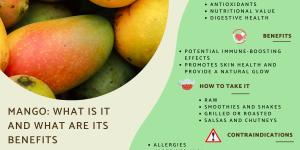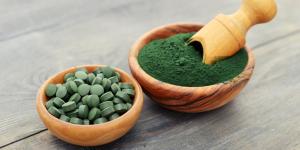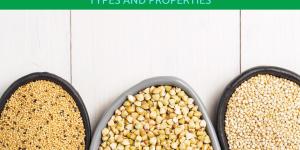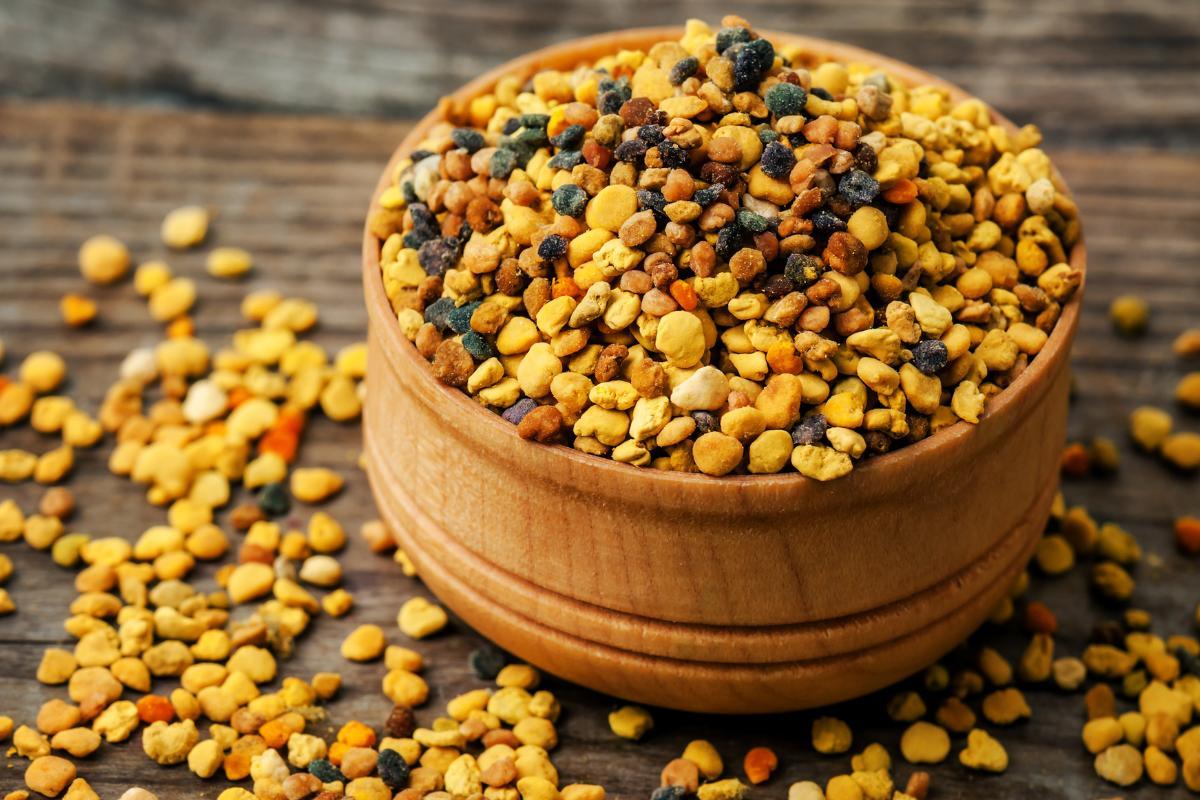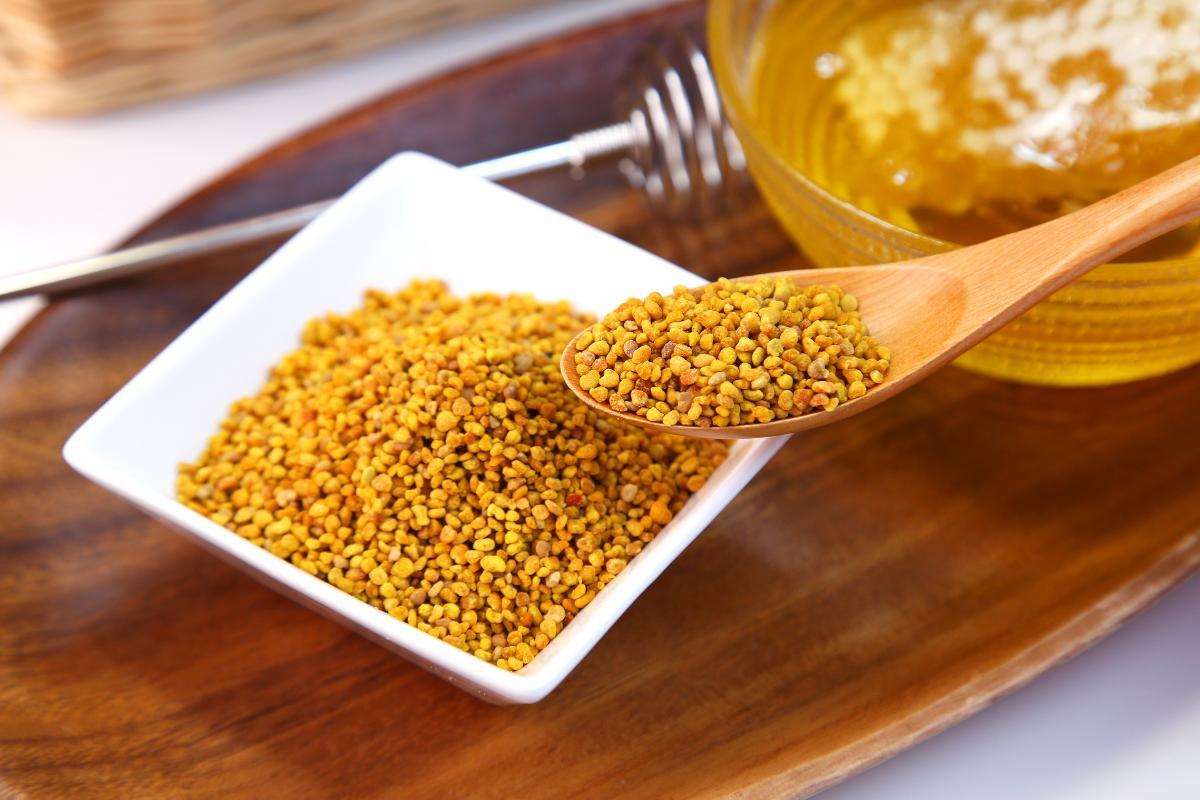What Is Bee Pollen Good For?

Beekeepers have treasured it for generations. Health enthusiasts can't stop talking about it. Bee pollen—those tiny, colorful granules collected from flowering plants, might just be one of nature's most overlooked nutritional powerhouses. Unlike processed supplements that line pharmacy shelves, bee pollen emerges straight from the hive, a concentrated blend of plant pollen, nectar, enzymes, and bee secretions. The result? A remarkably complete food source packed with proteins, vitamins, minerals, and beneficial compounds you'd typically need multiple supplements to match.
In this article by thedailyECO, we'll explore what bee pollen is, its composition, potential health benefits according to current research, proper usage guidelines, and important safety considerations.
What is bee pollen?
Bee pollen is a natural superfood created by honeybees using flower pollen, their saliva, and nectar, which they store in honeycomb cells as a primary food source for the colony.
It appears as small granules resembling coarse salt with colors ranging from light yellow to dark golden brown and has a sweet taste similar to honey.
The nutritional value of bee pollen is quite impressive, and it includes:
- High-quality protein: 20-35% of its dry weight, including all essential amino acids.
- Carbohydrates: these are primarily easily digestible simple sugars and beneficial polysaccharides.
- Dietary fiber: which supports digestive health and gut function.
- Healthy fats: including essential fatty acids important for cellular health.
- Bioactive compounds: such as flavonoids, phenolic compounds, and carotenoids with antioxidant properties.
- Vitamins: it is rich in B-complex vitamins (B1, B2, B6), along with vitamins A, C, D, and E.
- Minerals: it is also abundant in potassium, calcium, magnesium, phosphorus, zinc, copper, iron, manganese, and selenium.
- Amino acids: contains essential amino acids needed for protein synthesis.
- Enzymes: which include amylase, catalase, and phosphatase to aid digestion and metabolism.
Bee pollen is generally available in two forms: fresh and dried. Fresh bee pollen retains a greater degree of its natural moisture and enzymatic activity, although this also means a shorter storage period. On the other hand, dried bee pollen is processed to make storage and handling easier, which means a longer shelf life.
The exact composition of bee pollen varies depending on the plant sources, geographical region, and season in which it's collected, making each batch slightly unique in its nutritional profile.
How long does it take for bee pollen to work?
The timeframe varies depending on individual factors and what benefit you're seeking. Some people report noticing effects within a few weeks of consistent use, while others may require longer periods. Scientific studies typically evaluate effects over several weeks to months.
id you know there are over 20,000 species of bees worldwide, each with unique characteristics? Discover how to recognize the most common varieties in our other article.
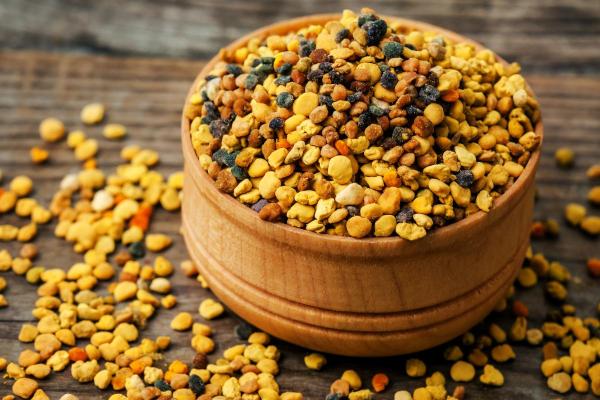
Health properties of bee pollen
While bee pollen has been used in traditional medicine for various purposes, it's important to understand what current scientific evidence actually supports. Here are the potential benefits based on available research:
- Bee pollen provides a wide range of nutrients in a bioavailable form, though quantities vary significantly depending on botanical origin and processing methods. Its diverse nutrient profile makes it potentially valuable as a dietary supplement.
- Laboratory studies confirm bee pollen contains potent antioxidant compounds that help neutralize free radicals. Studies have found that bee pollen antioxidants may help protect cells from oxidative damage, which is linked to aging and various chronic conditions.
- Bee pollen also has anti-inflammatory properties. In fact, research showed that the these effects may even be comparable to certain anti-inflammatory medications, though human clinical trials are still limited.
- Bee pollen has immunomodulatory effects, which helps to regulate immune function rather than simply boosting it.
- Some research suggests bee pollen extracts may benefit men with benign prostatic hyperplasia, which is also known as enlarged prostate, or prostatitis. These benefits are likely linked to anti-inflammatory effects and potential influence on certain inflammatory markers.
- Bee pollen's rich nutrient profile, particularly its B-vitamin content, may contribute to energy metabolism.
- Bee pollen may also have hepatoprotective (liver-protecting) effects. This means it helps support liver function and potentially protect against certain toxins.
- There are some laboratory studies that suggest antimicrobial and tissue-regenerating properties that might support wound healing. These effects are primarily attributed to bee pollen's antimicrobial compounds and nutritional components that contribute to tissue repair.
Is bee pollen good for allergies?
While some people take bee pollen to help with seasonal allergies through a desensitization approach, scientific evidence is limited. Those with pollen allergies should be extremely cautious as bee pollen could actually trigger or worsen allergic reactions.
Can bee pollen help with weight loss?
While some proponents claim bee pollen aids weight loss, scientific evidence is insufficient. Any weight management effects would likely be indirect through nutritional support rather than direct fat-burning properties.
Interested in more natural remedies? Discover powerful herbal blends that support liver function in our other article.
How to take bee pollen
If you've decided to try bee pollen, start with literally just a few granules, especially if you've never tried it before. This cautious approach helps ensure you don't have any adverse reactions. Assuming all goes well, gradually increase to about ⅛ teaspoon daily for a week or so, then potentially up to ¼ teaspoon daily after your body has adjusted.
Some experienced users eventually work up to larger amounts, typically between 1-3 teaspoons daily, but there's no "perfect" dose since individual needs vary.
Most people find bee pollen works best when taken consistently at the same time each day, typically in the morning on an empty stomach about 30 minutes before breakfast, though this timing isn't absolutely necessary. The goal is finding a routine you'll stick with.
Some traditional approaches suggest taking periodic breaks from bee pollen. For example, using it for three months, then pausing for a month before resuming.
Bee pollen's versatility makes it easy to incorporate into your daily routine. Sprinkle it over yogurt or oatmeal, blend it into smoothies, add it to homemade energy balls with dates and nuts, use it as a salad topping for added nutrition and subtle crunch, or simply stir it into raw honey for a supercharged natural sweetener.
For optimal digestion and nutrient absorption, try allowing bee pollen to dissolve in your mouth briefly before swallowing to increase contact with digestive enzymes in saliva and begin breaking down the tough outer shell.
Quality matters tremendously, so look for products from respected companies with vibrant, varied colors. This indicates diverse plant sources and higher nutrient content.
Store it in an airtight container in a cool, dry place or refrigerate to maintain freshness and prevent mold growth.
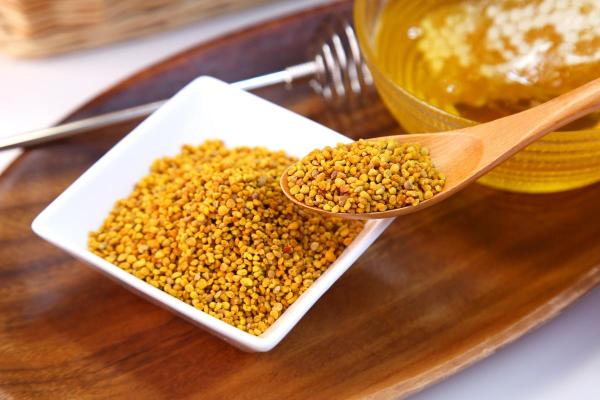
Bee pollen side effects
People with known allergies to pollen, bee stings, or bee products should approach bee pollen with extreme caution or avoid it entirely. Allergic reactions can range from mild symptoms like itching, swelling, and digestive discomfort to severe reactions including anaphylaxis, a life-threatening emergency requiring immediate medical attention.
Certain allergenic plant pollens can be present in bee pollen supplements, creating serious risks for those with specific plant allergies. This makes allergy testing particularly important before trying bee pollen if you have any history of seasonal allergies.
Bee pollen may interact with certain medications, potentially causing adverse effects. There have been reported interactions with blood thinners like warfarin, possibly increasing bleeding risk. Additionally, bee pollen might interact with anti-inflammatory medications and immunosuppressive drugs . Always discuss supplements with your healthcare provider if you take prescription medications, particularly those that affect blood clotting, inflammation, or immune function.
Who should not take bee pollen
Several groups should be particularly cautious about using bee pollen:
- Pregnant and breastfeeding women should avoid bee pollen due to insufficient safety data and concerns about potential uterine stimulation.
- Bee pollen is generally not recommended for children under 2 years of age, since their immune systems are still developing.
People with certain health conditions, such as autoimmune disorders, hormone-sensitive conditions, and liver or kidney disease should consult healthcare providers before using bee pollen. This is because it may interact with their conditions or treatments.
Exploring natural remedies? Discover another plant with healing properties in our other article.
If you want to read similar articles to What Is Bee Pollen Good For?, we recommend you visit our Healthy foods category.
- Hanssen, M. (1985). The healing power of pollen: and other hive products, propolis-royal jelly-honey. Mexico: EDAF Mexicana.
- Pamies Travesset, J.M. (1998). Honey, jelly, pollen, and propolis: sources of vitality and harmony. Spain: LIBSA.

